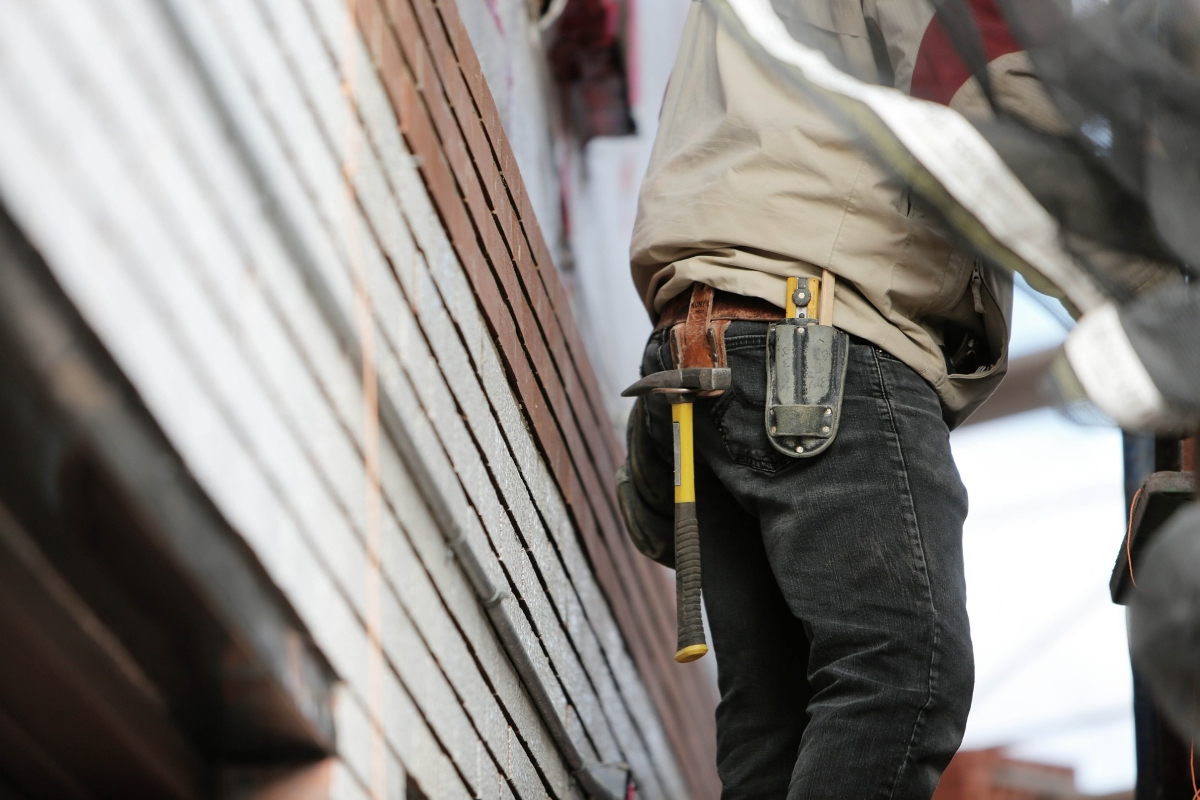Bonds
Contractor License, Bid/Performance, LLC Employee/Worker, Subdivision, Right of Way, etc. If you need a bond, we can write it.
Simply put, a Bond is a financial guarantee that the contractor will fulfill their contractual requirements. It is essentially a line of credit that a surety or bonding company opens for the applicant that becomes accessible to the contractor’s client under certain conditions.
Bonds, unlike Liability Insurance, do not protect the person or company purchasing the bond. Bonds protect the consumer, customer, or entity the contractor is doing the work for, called the obligee. If the contractor abandons the job or fails to obtain the necessary permits, the obligee can file a claim against the bond and receive financial compensation in order to finish the job. Or if a GC or Developer fails to pay a subcontractor, the sub can file a claim to receive their owed wages.
They come in many different forms but the most common are Contractor License Bonds. These are required by the specific state’s Contractor License Board and range in amounts from $5,000 – $75,000. Other types of bonds are Bid/Performance, Subdivision, Right of Way, Mechanic’s Lien, Obstruction, Water/Sewer Main, and the list goes on and on.
While the bond amounts can vary, the price of the bond is typically 1% – 5% of the bond amount, depending on the credit score and financial strength of the applicant. For small bonds and most Contractor License Bonds, the social security number of the applicant is necessary to obtain a quote. For larger bonds, surety companies will usually require personal and business financial records and other financial documents to obtain a quote.
How Much Does It Cost?
A bond of any type will typically run between 1% and 5% of the bond amount. Bonds are basically lines of credit the surety company approves the applicant for, so the financial history of the applicant is the primary basis for pricing.
Pricing Factors:
- Credit Score
- Financial Strength of Applicant
- Bond Type
- State Laws

Call For a Quote:
855-95-SHIELD
F.A.Q.
If you have a question about Contractor Bonds you don’t see answered here, please use the Contact Us box below. We’ll get right back to you!
What is a bond?
A bond is a financial guarantee ensuring the contractor will meet their contractual requirements. Bonds are different than a Liability insurance policy in that they protect the customer or entity the contractor is doing the work for, rather than the contractor themselves. There are 3 parties in a bond contract: 1.The Principal – the contractor who will perform the work according to the contract, 2. The Obligee – the person or entity the contractor entered into a contract with, and who will receive a certain amount if the contractor does not meet the contract requirements, and 3. The Surety or Guarantor – the company who will pay the obligee if the principal does not meet their contract requirements.
Why do I need it?
Well, for starters, most states require a new contractor to obtain a Contractor License Bond before they will issue and activate their contractor’s license. So, chances are, you can’t legally do construction work without one. But other bonds, such as a Bid/Performance bond, are needed if you’re bidding for a larger job and the client wants to make sure you have the financial capital to complete the job.
What does it cover?
Bonds are meant to protect the customers of contractors by guaranteeing the contractor will adhere to the laws & regulations of the state contractor board and if not, ensuring there is potential financial compensation for the customer if the contractor does not meet their contractual & legal requirements. If the contractor abandons the job halfway through, does not complete the agreed work to code, damages a piece of material while installing it, these are all examples of what would be covered by a bond.
What is NOT covered?
Bonds are limited in their scope of coverages in that they restrict coverage to the contract existing between the contractor (principal) and the customer (obligee) or the building codes & contract laws of the state in which the work is done. Bonds do not cover things like bodily injury, lost or stolen tools or material, or dissatisfaction with a contractor’s work.
How fast can I get it and what do you need from me?
Contractor License Bonds are very quick and easy; most of the time we can get a license bond quoted and issued within an hour. Larger bonds, such as Bid/Performance, Subdivision, or LLC Employee bonds, are more time-consuming and require more extensive documentation from the applicant. If the applicant is quick to provide the necessary documentation and financially strong, a bond can be quoted and issued within a day or two, but the typical time-frame is about a week. Necessary information required to provide a quote is:
- Company Info (ownership names & percentages, address, phone #, email)
- Social Security Number (required for all owners)
- Financial Documents (profit & loss statements, personal & business financials, bank statements)*
*Not required for Contractor License bonds
Related Articles
Surety Bonds 101
What is a Surety Bond? Find out what they cover, why you need it, and how much they cost.
Insurance or Bond? What's The Difference?
It is one of the most common questions we get asked and the answer could save you a lot of money and trouble. Learn the difference between two critical elements of a contractor’s risk management plan.









